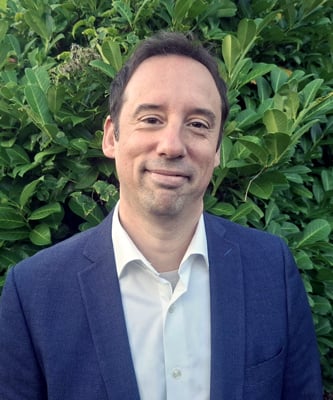Grant title: Exploring selenium and lung cancer risk
Institution: University of Southern Denmark
Grant awarded: September 2025
This project will clarify when and how selenium exposure matters for lung-cancer risk in high-risk smokers. Thanks to World Cancer Research Fund’s support, we can connect rigorous mechanistic science with human studies and translate them into clear, evidence-based public-health guidance. I’m deeply grateful for this investment in prevention research – Prof Paolo Ceppi
Background
Lung cancer – especially non-small cell lung cancer – is a leading cause of cancer-related deaths worldwide. Selenium is a dietary mineral present in food such as nuts, meat, fish and grains that has traditionally been discussed for its potential health benefits. Recent scientific observations, including early findings from our group, suggest the relationship between selenium and lung cancer may be more complex than previously thought. This project will examine that relationship in depth.
Aims and objectives
We aim to understand how selenium influences lung cancer biology and whether certain levels of intake may affect disease risk in people at higher risk (for example, current and former smokers). Our goal is to generate solid evidence that can inform future dietary guidance.
How it will be done
To investigate this, we will use a genetically engineered mouse model that closely mimics human lung cancer. These mice will be fed either a selenium-deficient diet, a selenium-high diet or a standard diet. We will track tumour growth, survival and cellular changes. We will also analyse human lung cancer cells in the lab to confirm whether selenium plays a similar role in human cancer. Additionally, we are collaborating with epidemiologists and nutrition experts to study long-term selenium intake and lung cancer risk in human populations.
Potential impact
If our studies clarify when and how selenium affects lung cancer risk, they could guide future dietary advice for high-risk groups and support prevention strategies that are simple and scalable. The project’s ultimate aim is to provide clear, evidence-based information that can help reduce the burden of this disease.
